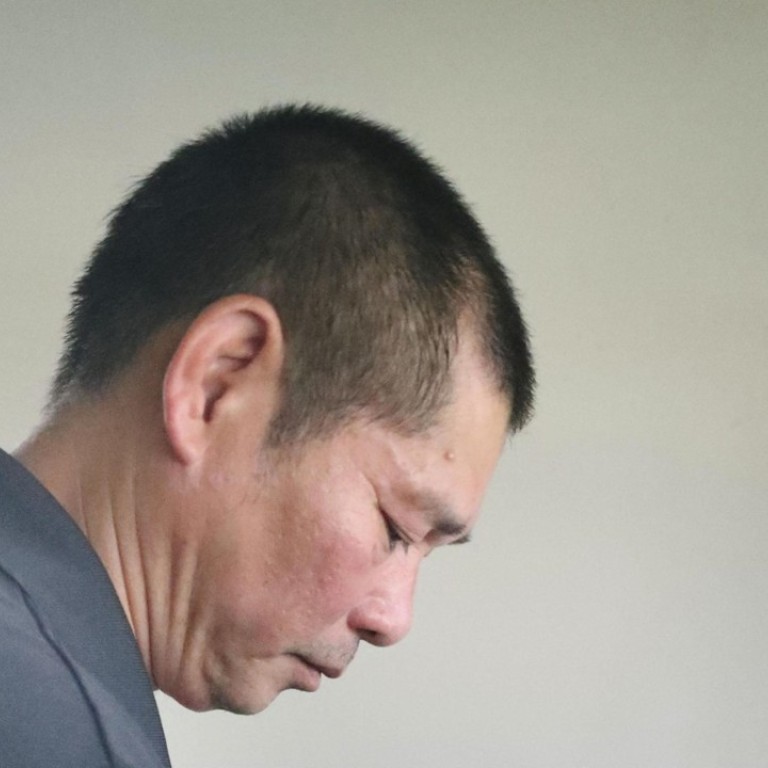
Japan government separated families by deporting 47 foreigners
Migrant advocates condemn the family separations, saying Tokyo was no different from the US government, whose immigration policy has led to thousands of children being separated from their parents
Members of 12 Vietnamese families living in Japan were separated from other family members when the Japanese government deported them in February, according to Justice Ministry documents.
Among the affected Vietnamese is Hoang Van Hiep, a 52-year-old man recognised by Tokyo as refugee, who is now living alone with his Japanese-born 5-year-old son after his wife, 46-year-old Nguyen Thi Loan Phuong, was deported along with 46 other Vietnamese aboard a chartered plane.
According to the ministry, the deportation of the Vietnamese took place on February 8 on a flight from Haneda airport to Hanoi.
They had stayed illegally in Japan for durations of up to 21 years and five months.
In an interview with Kyodo, Phuong said immigration officials forcibly pulled her son from her lap in a room at the Tokyo Regional Immigration Bureau and whisked him away, and detained her, about a week before her deportation.
“My son was crying. I still cannot forget his crying voice,” she said.
Japan’s open to foreign workers. Just don’t call them immigrants
Hiep, who works from 8pm to 5am at a noodle-making factory in Gunma Prefecture, eastern Japan, told Kyodo he has been struggling to raise his son since Phuong, who had been living as a housewife, was forcibly repatriated.
His wife, who had been previously deported from Japan, came back to the country in 2007 using her sister’s passport, and married him.
Hiep said returning to Vietnam to be reunited with his wife was impossible as he is a refugee and their son can speak only Japanese.
“My wife certainly violated the immigration law, but she regrets it,” he said.
“All I want is just to live with my wife and son.”
Japanese people assisting foreign workers condemn the family separations, saying Tokyo is no different from the US government, whose immigration policy has led to thousands of children being separated from parents.
Chinese man sues Japan government for ‘harassment’ at immigration centre
“On humanitarian grounds, the government should issue a special residence permit to illegal residents who have long been living with family in Japan,” said Motoko Yamagishi, secretary general of the Solidarity Network with Migrants Japan.
The number of illegal residents has grown since the 1980s as they take on factory and construction jobs, with many deciding to settle in Japan and start a family.
Supporters of foreign workers say they are shoring up the industries with a labour shortages.
Responding to a request for comment about family separations caused by its deportation of foreigners, the Justice Ministry said in a statement that “under international customary law, a state is allowed to freely decide whether to accept foreigners into its country or not, and what kind of conditions to be attached if accepting them.”
Japan uses chartered planes and handcuffs to deport groups of foreigners after they refuse to abide by repatriation orders.
After resorting to the method for the first time in 2013 when it sent 75 Filipinos back home, Tokyo has conducted this type of deportation once or twice every year, although information on criteria for choosing the subjects of group deportations has not been released. Past deportations have also involved family separations.

